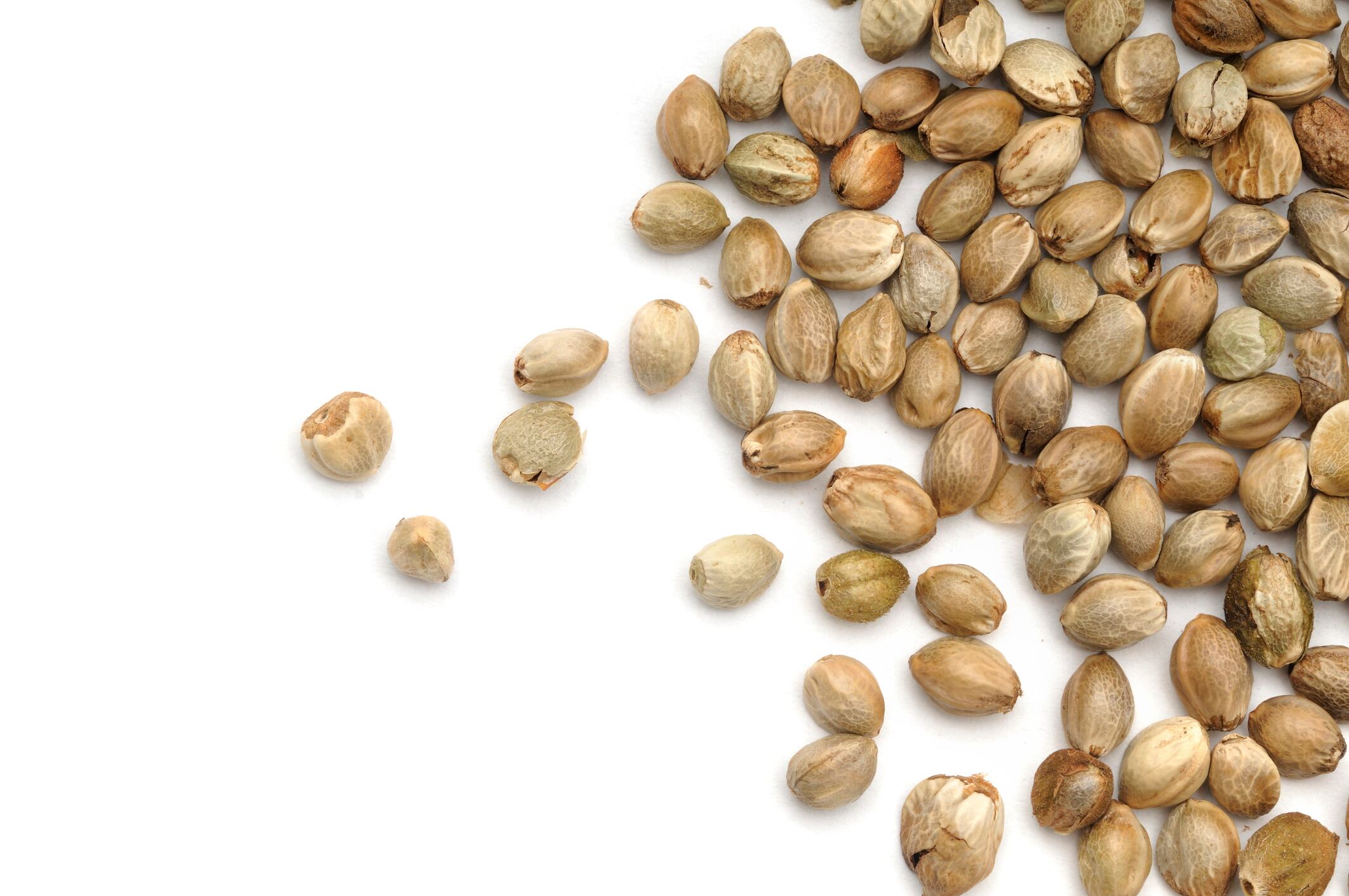We know calorie restriction can delay the development of metabolic diseases and is linked to changes in the composition and metabolic function of the gut microbiota as well as the immune system. However, the interaction between dietary intake, the microbiome, and the immune system is still puzzling for scientists. .
New research published in Microbiome demonstrated for the first time that a calorie-reduced diet is mediated by an altered gut microbiome, which slows down the deterioration of the immune system in old age, an effect known as immunosenescence.
Background
The worldwide prevalence of obesity is increasing at an alarming rate, with 2 billion people overweight and of those, 650 million considered obese. Obesity is associated with metabolic disturbances and obese individuals are at a greater risk for chronic disease and often present with clinical parameters of metabolic syndrome, insulin resistance, and chronic low-grade inflammation. Inflammation weakens the immune system, causing it to accumulate specific memory T and B cells. It has been well established that immune system cells play an important role in the pathogenesis of obesity- and metabolic syndrome-related chronic diseases. However, recent findings have highlighted the substantial impact that obesity and metabolic syndrome parameters have on immunity and pathogen defense. What researchers want to know more about is the interactions between calorie-reduced diets, the microbiome, metabolism and the immune system.
The study
To find out, researchers at the University of Tübingen in Germany first analyzed how an intake of 800 kcal/day for 8 weeks affected the gut microbiome of an obese human donor before (AdLib) and after (CalRes) by replacing all meals with Nestlé’s Optifast, a very-low-calorie-diet formula. With that, the researchers then transplanted the gut microbiota before and after the diet intervention into 33 germ-free mice to determine the sole effects of the diet’s impact on the gut microbiome, metabolism and immune system.
Findings
The authors noted that the recipients of the CalRes sample exhibited overall higher alpha diversity and restructuring of the gut microbiota with decreased abundance of several microbial taxa (e.g., Clostridium ramosum, Hungatella hathewayi, Alistipi obesi). Additionally, the transplanted CalRes-microbiota decreased the body fat accumulation and improved glucose tolerance compared to AdLib-microbiota recipients. Finally, the CalRes-associated microbiota reduced specific memory T and B cells, indicating delayed immune senescence.
“Caloric restriction shapes the gut microbiome which can improve metabolic health and may induce a shift towards the naïve T and B cell compartment and, thus, delay immune senescence. Understanding the role of the gut microbiome as mediator of beneficial effects of low calorie diets on inflammation and metabolism may enhance the development of new therapeutic treatment options for metabolic diseases,” the authors concluded.
While the findings are promising and suggest that the positive effects of a low-calorie diet on metabolism and the immune system are mediated via the gut microbiome, the authors stressed that the study involved the microbiome of just one person and that future studies will have to be done with more subjects.
Source: Microbiome
10, 57 (2022) doi.org/10.1186/s40168-022-01249-4
Effects of caloric restriction on the gut microbiome are linked with immune senescence
Authors: J. Sbierski-Kind, et al.




